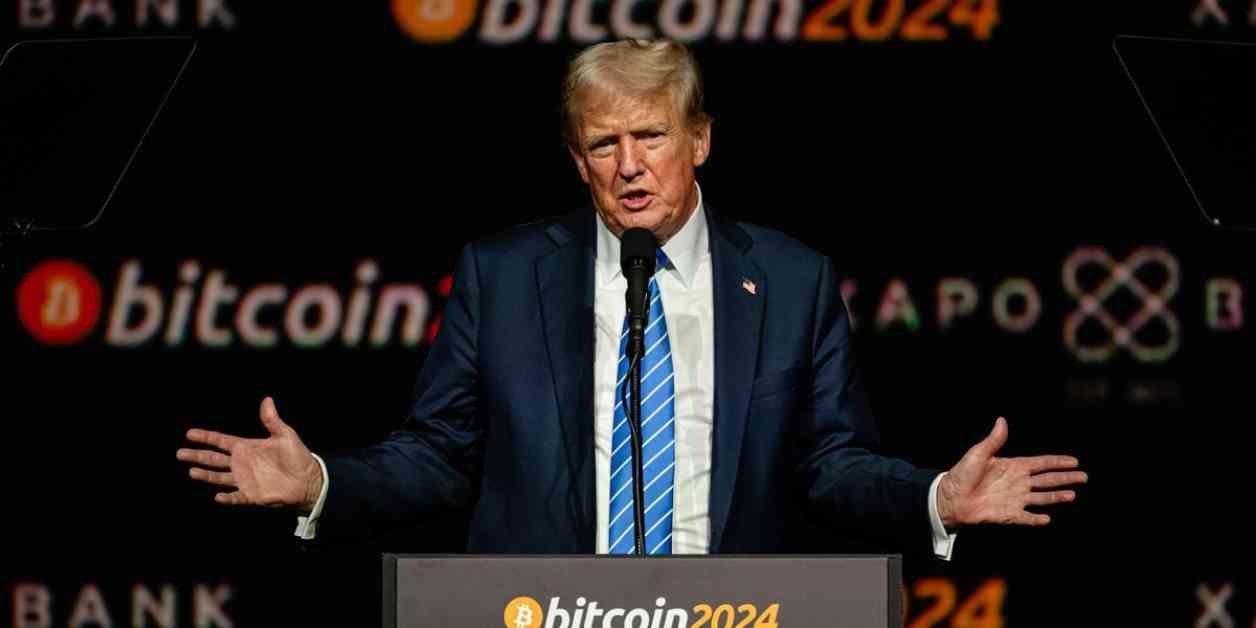Crypto has found a new ally in the form of Donald J. Trump, who has been making promises and gestures that resonate with the industry. However, there are concerns about whether Trump will follow through on his commitments, given his track record of being unpredictable and unprincipled. This unpredictability could pose a risk to the industry, as Trump may not prioritize crypto issues if it doesn’t align with his interests.
Furthermore, by aligning with the Republican party and Trump, crypto risks alienating potential supporters outside of the party. The industry’s association with certain political ideologies and exclusionary language could turn off potential users and investors who do not align with those views. Building a broader movement for crypto adoption requires inclusivity and reaching out to a diverse range of stakeholders.
Additionally, supporting a candidate or party based on a single issue, such as crypto, means also endorsing a wide range of policies that may not align with the industry’s values. By throwing support behind Trump, crypto may inadvertently be supporting policies on issues like foreign relations, immigration, and social issues that could have negative implications for the industry’s reputation and public perception.
While it’s important for the crypto industry to advocate for its interests and engage with policymakers, it’s essential to consider the broader implications of aligning with specific political figures and parties. The industry must navigate carefully to ensure that its alliances and actions do not have unintended consequences that could harm its long-term goals and reputation. As the industry continues to evolve and grow, it’s crucial to approach political engagement thoughtfully and strategically to protect the interests of all stakeholders involved.














